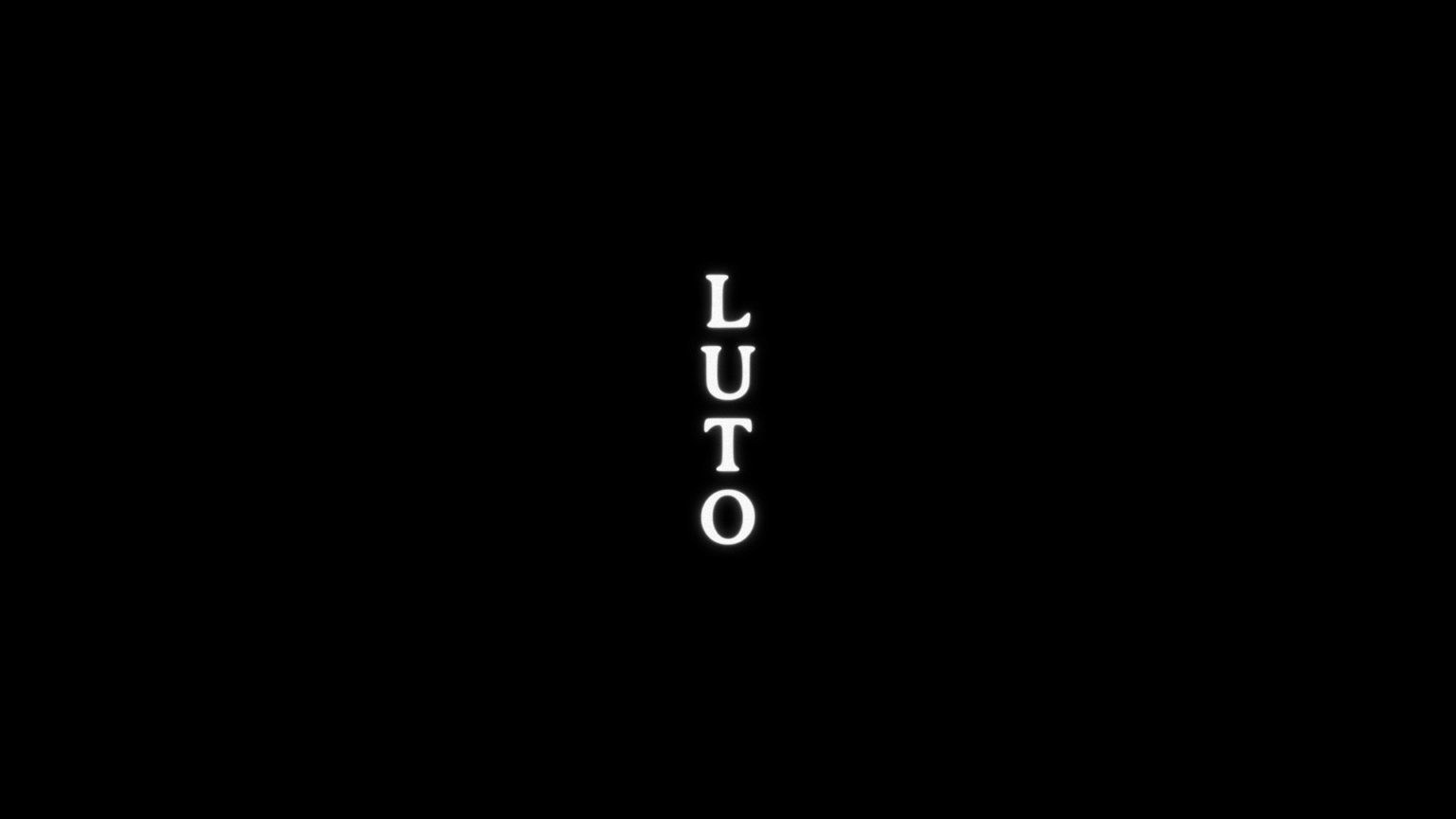Some games don’t just scare you. They unravel you.
Luto, from Broken Bird Games and published by Selecta Play and Astrolabe Games, isn’t just another psychological horror experience — it’s a dark, intimate tour through trauma, grief, and isolation. It opens with a simple but chilling premise: you are trapped inside your home, unable to leave. But this house doesn’t behave like the ones you know. It pulses with metaphor, memory, and madness.
No Escape
You play as someone locked inside their own mind as much as their home. Luto wastes no time establishing its core themes. Every attempt to escape your domestic prison drags you deeper into increasingly abstract and unnerving spaces, each dripping with symbolism. From decaying hallways to impossible voids, your environment constantly shifts in ways that feel both surreal and painfully personal.
The first major strength is the visual fidelity. Luto’s environments are nearly photorealistic at times. Shadows creep believably, textures have weight, and the lighting direction adds a constant sense of dread. There are no cartoon ghosts here — just the kind of fear that crawls in under your skin and settles.

A Psychological Portrait
At its core, Luto is about grief and depression. You are not fighting monsters. You’re navigating trauma. The game asks hard questions about mental health, loss, and identity, and it rarely gives you easy answers. This is not horror for the sake of horror — it’s horror in service of storytelling.
What really drives this emotional weight is the narration. While divisive among players, the voiceover serves as a haunting guide through your journey. It isn’t omnipresent, but when it speaks, it sticks. It contextualizes your suffering, giving your wandering a voice and meaning.
That said, the story does walk a thin line. It can be vague to the point of confusion, especially if you’re hoping for clear exposition. Players craving closure may find themselves unsatisfied, but for others, this ambiguity will be a feature, not a flaw.
Puzzle-Filled Pathways
Luto leans heavily on environmental puzzles, many of which are abstract and demand attention to detail. Expect to backtrack, observe, and connect dots that aren’t always obvious. While some puzzles hit that sweet spot between clever and solvable, others flirt with frustration. Solutions can feel obscure, and there is no hint system or traditional UI to guide you.
Still, for those willing to engage deeply, the puzzle design becomes part of the narrative. Solving each room feels like cracking a psychological lock.

Sound as a Weapon
Sound design in Luto is exceptional. Creaking floors, unsettling whispers, sudden silences—it all works to pull you in and keep you off balance. The original score is minimal but impactful, often letting ambient noise do the heavy lifting. You’ll spend much of the game listening closely, trying to determine if a noise is part of the game or just your paranoia acting up. That ambiguity is exactly what Luto thrives on.
Headphones aren’t recommended—they’re mandatory.
Inspirations & Identity
Many comparisons have been made between Luto and P.T., Visage, and even The Stanley Parable, and they’re not without merit. You can feel the DNA of those games here: the looping hallways, the unreliable narrator, the surreal shifts in environment. But Luto never feels like a knockoff. It synthesizes these influences into something distinct, creating a unique experience that feels fresh, if occasionally familiar.
What Works:
- Stunning Atmosphere: Visually and aurally immersive to an unnerving degree.
- Emotionally Resonant: It treats mental health with honesty and weight.
- Smart Puzzles: Some require real thought and feel rewarding to solve.
- Unpredictable Storytelling: It constantly keeps you guessing.
What Could Improve:
- No Manual Save: A minor but notable pain point.
- Narrative Vagueness: May leave players feeling lost.
- Occasional Visual Inconsistencies: Some areas feel less polished than others.
- Pacing Dips: Especially in the middle stretch.
Luto: Luto is a rare kind of horror game. It doesn’t rely on cheap tricks. It doesn’t shower you with jump scares or gore. Instead, it quietly burrows into your psyche and stays there. For fans of psychological horror, narrative exploration, or games that explore grief and trauma with artistic depth, Luto is a must-play. It’s challenging, both intellectually and emotionally, but it’s also rewarding. This is indie horror with a soul. – ColdMoon


